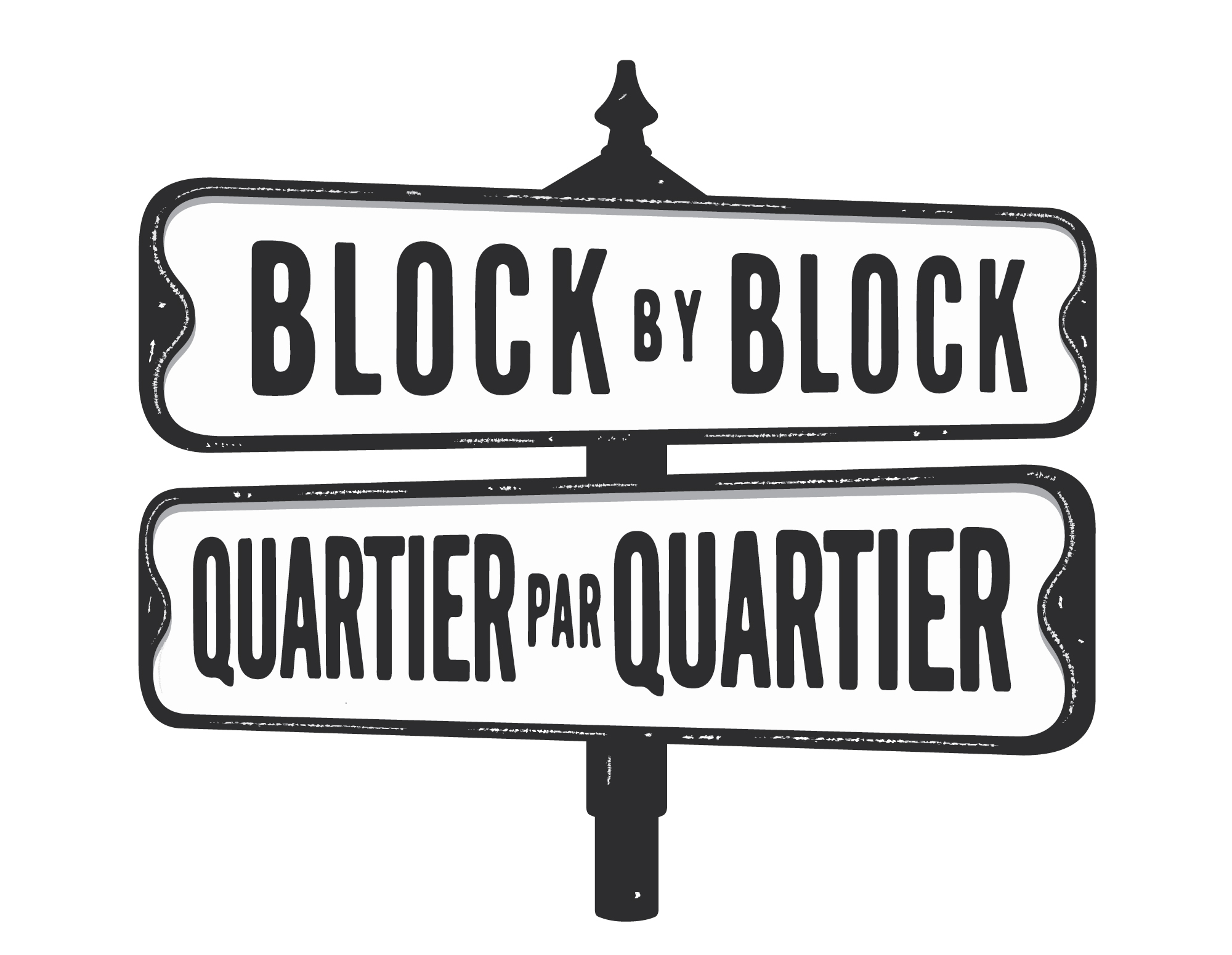Regent Park
The Weight of Surviving
NEIGHBOURHOOD:
TALKS ABOUT:
Violence, identity, place, loss, sexuality, Indigenous voice, trauma, and healing

Shar-Dey Phipps-Walker has had a tumultuous relationship with Regent Park. As a child she felt a deep sense of belonging, community and affinity to this place. She recalls being willing to give her life for this neighbourhood. Regent Park was the place where Shar-Dey first came out as lesbian at age thirteen, and was also where she connected with Toronto Council Fire to learn more about her mized Indigenous ancestry, as an Indigenous and Jamaican Canadian. Despite spending much of her childhood in the community, visiting her paternal grandmother who lived at Sumach and Dundas, and later moving to the community when she turned 8 years old; for Shar-Dey, Regent Park now only represents significant loss. Throughout her youth and early adulthood, she lost many friends and community members to gun and gang violence. She talks about the weight and burden of growing into that trauma in her later adult years. Today, Shar-Dey is working to resist the labels that people may place on her due to her connection to Regent Park and feels a deep resentment toward Regent Park for taking away many things she held dear. She also recognizes how the neighbourhood and its people have deeply shaped her sense of identity and pride in who she is and where she’s come from. Regent Park has played a key role in shaping the resilient person she is today.
Shar-Dey Phipps-Walker About the Weight and Burden of Growing Into That Trauma in Her Later Adult Years:



